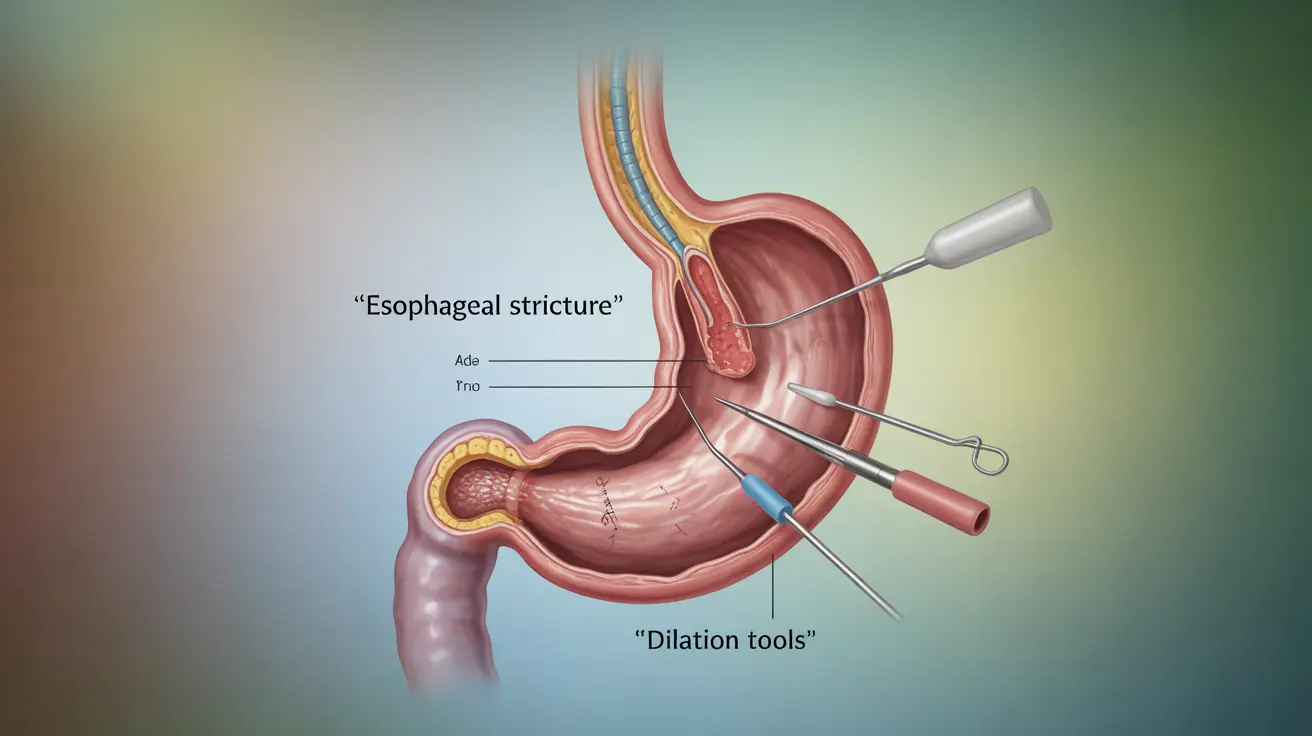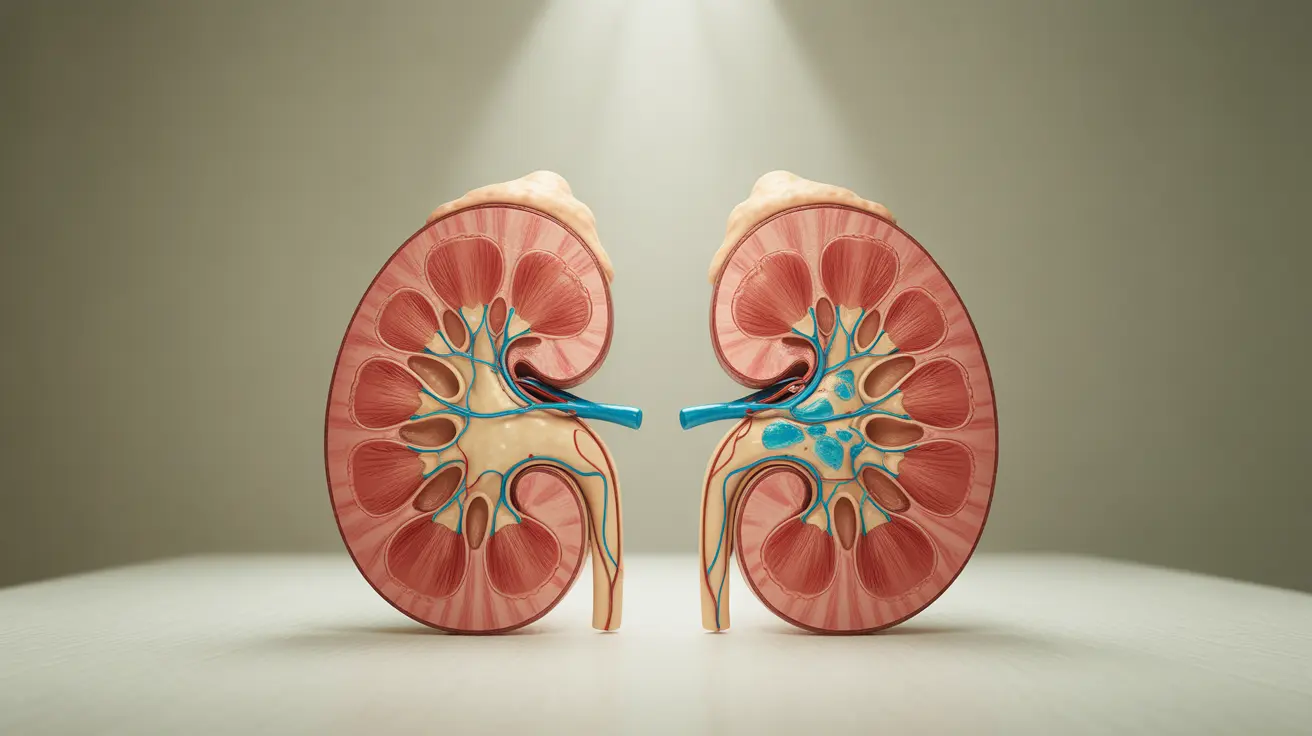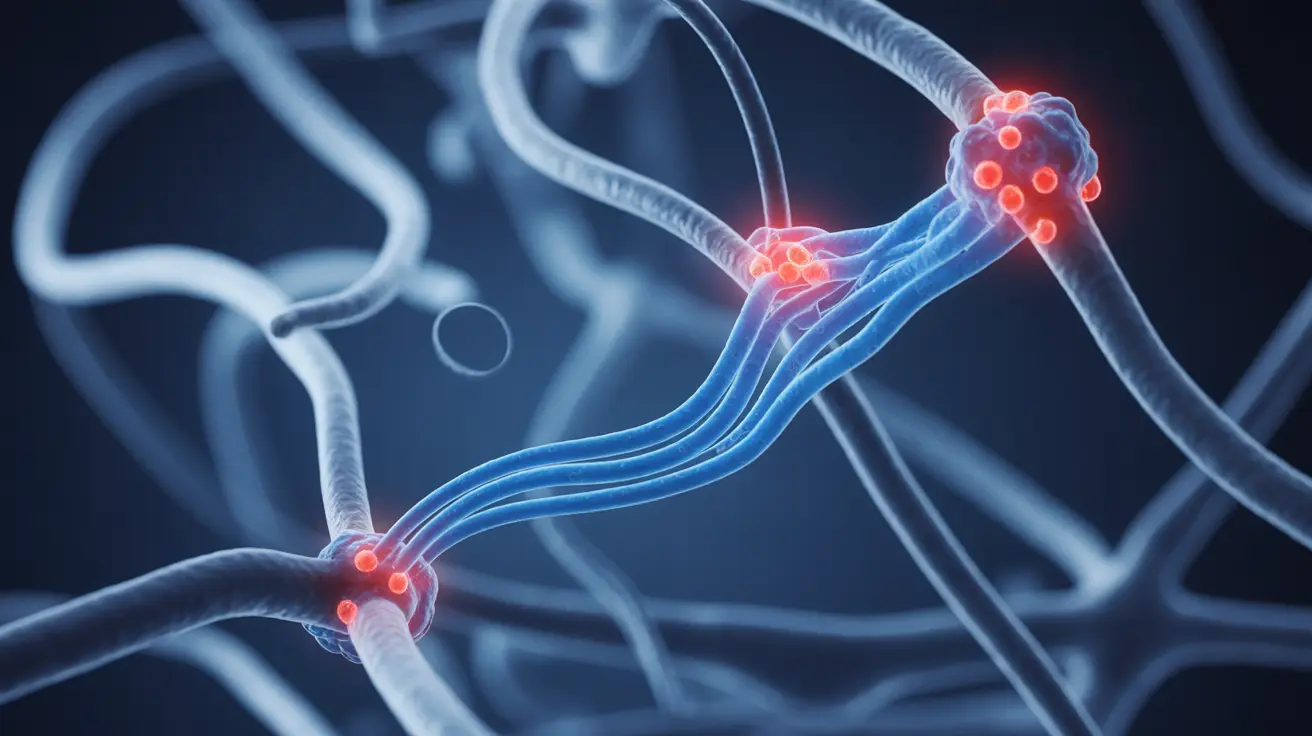Following a low-carb diet doesn't mean you have to sacrifice calories or flavor. Whether you're looking to gain weight, maintain muscle mass, or simply enjoy satisfying foods while keeping carbs in check, there are numerous delicious, nutrient-dense options available. This comprehensive guide explores the best high-calorie, low-carb foods that can support your dietary goals while providing essential nutrients.
Understanding High-Calorie, Low-Carb Foods
High-calorie, low-carb foods typically derive their energy content primarily from healthy fats and proteins rather than carbohydrates. These foods can be particularly beneficial for those following ketogenic or low-carb diets while needing to maintain or increase their caloric intake.
Nutrient-Dense Nuts and Seeds
Nuts and seeds are excellent sources of healthy fats, protein, and essential nutrients while remaining low in carbohydrates. Some top options include:
- Macadamia nuts (204 calories per ounce)
- Pecans (196 calories per ounce)
- Brazil nuts (186 calories per ounce)
- Pumpkin seeds (158 calories per ounce)
These options provide important minerals like selenium, magnesium, and zinc, along with beneficial plant compounds that support overall health.
The Power of Avocados
Avocados are a unique fruit that combines high calories with minimal carbohydrates. One medium avocado contains approximately 240 calories, 22 grams of fat, and only 12 grams of carbohydrates, with 9 grams being fiber. They're rich in heart-healthy monounsaturated fats and provide essential nutrients like potassium and vitamin K.
High-Fat Dairy Products
Full-fat dairy products can be excellent additions to a low-carb, high-calorie diet. Key options include:
- Heavy cream (821 calories per cup)
- Full-fat cheese (100-120 calories per ounce)
- Greek yogurt (190 calories per cup)
- Butter (102 calories per tablespoon)
Dark Chocolate as a Healthy Indulgence
High-quality dark chocolate (70% cocoa or higher) can be a satisfying treat that fits into a low-carb lifestyle. One ounce contains approximately 170 calories and only 7 grams of net carbs, along with beneficial antioxidants and minerals.
Healthy Oils and Fats
Incorporating healthy oils can significantly increase caloric intake while adding minimal carbs:
- Extra virgin olive oil (120 calories per tablespoon)
- MCT oil (130 calories per tablespoon)
- Coconut oil (120 calories per tablespoon)
- Avocado oil (124 calories per tablespoon)
Protein-Rich Options
High-protein foods that are also rich in calories can help maintain muscle mass while following a low-carb diet:
- Fatty fish (salmon, mackerel)
- Grass-fed beef
- Full-fat pork products
- Eggs with yolks
Frequently Asked Questions
What are some high-calorie, low-carb foods that can help with weight gain without adding carbs?
Nutrient-dense options include nuts (especially macadamia and pecans), avocados, full-fat dairy products, fatty cuts of meat, and healthy oils like olive oil and MCT oil. These foods provide substantial calories while keeping carbohydrates low.
How do avocados and nuts contribute to a healthy low-carb diet, and what are their nutritional benefits?
Avocados and nuts provide healthy fats, fiber, and essential nutrients while being naturally low in carbohydrates. They contain important minerals, vitamins, and antioxidants that support heart health, brain function, and overall wellness.
Is dark chocolate a safe treat for those on a low-carb diet, and what are its health benefits?
Dark chocolate with 70% or higher cocoa content can be included in a low-carb diet in moderation. It contains antioxidants, minerals, and relatively low net carbs while providing satisfaction and potential health benefits for heart health and mood.
What are the potential health benefits of consuming pork rinds, and how can they be part of a low-carb diet?
Pork rinds are carb-free and high in protein, making them a suitable snack for low-carb diets. They can satisfy cravings for crunchy foods while providing protein, though they should be consumed in moderation due to their high sodium content.
How can I incorporate high-fat dairy products into my low-carb diet without sacrificing nutritional value?
Choose full-fat options like heavy cream, cheese, and Greek yogurt, which provide important nutrients like calcium and vitamin D. These can be used in cooking, as snacks, or as meal components while keeping carbs low and maintaining nutritional quality.




